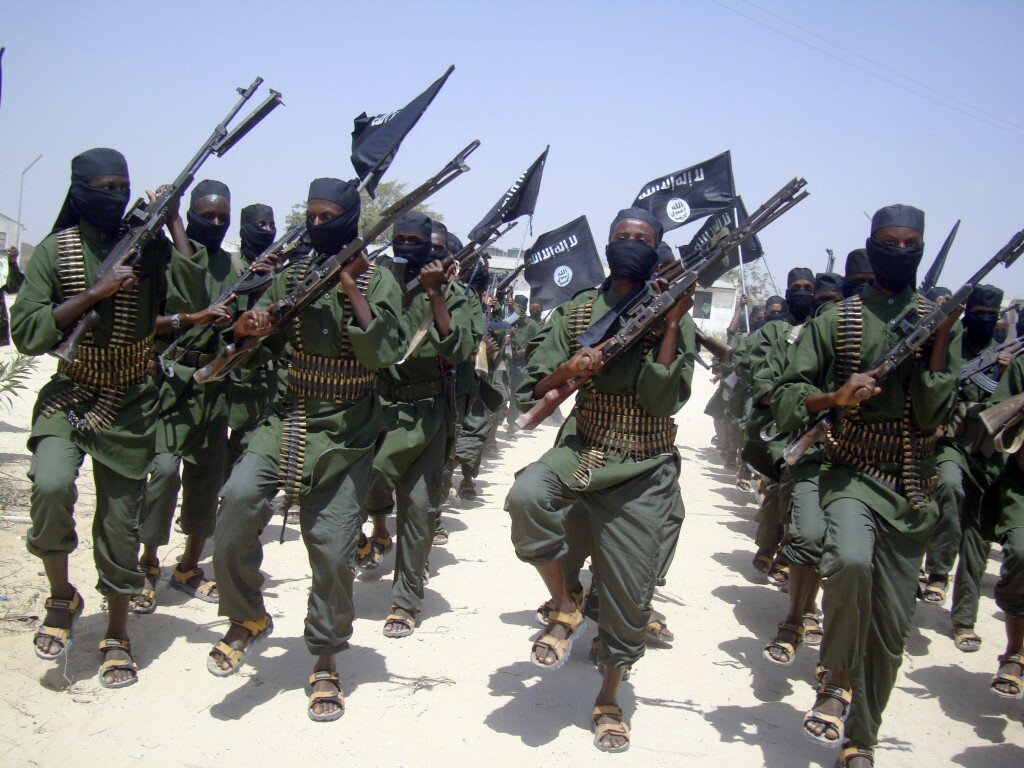Piracy, force and the rule of the law
Globe and Mail Editorial — The eventual ending of Somali piracy will depend on both law and force. Pirates who are captured need to be effectively prosecuted, and the navies of world must pursue pirates to the towns on the Somali coast where they live, in rising prosperity.
The rescue of Captain Richard Phillips by the U.S. Navy, after an attack authorized by President Barack Obama, is a good outcome in a conspicuous episode, but it is only one step in the war on piracy.
Oddly enough, it is not quite true that piracy is the result of anarchy in Somalia. Many of the pirates live affluent lives on shore, in a comparatively well ordered part of the country, especially near the town of Eyl, the pirates’ principal harbour.
Eyl is in Puntland, a region that has formed its own government, quite apart from the UN-sponsored government of Somalia that controls only a tiny area. The pirates of Puntland live in security, often with expensive cars and real estate.
If the international community acknowledged Puntland (as well as the other de facto independent region called Somaliland), political and military pressure might be more effective.
Although the Security Council of the UN has passed resolutions authorizing hot pursuit of pirates into Somalian territorial waters, a procedural requirement under the International Law of the Sea Convention has rendered these resolutions ineffectual: A warship (a merchant ship will not suffice) has first to dispatch a boat to what appears to be a pirate ship and require its papers, an incongruously civil request for maritime ID. That is an obstacle that needs to be overcome.
Moreover, the Security Council has to think seriously about specifically authorizing raids on the shores of Somalia, at and around Eyl, so that the pirates no longer have safe havens. In any case, the military of a developed nation-state may sooner or later make such raids, getting to the root of the problem.
The prosecution of captured pirates has been difficult. Sometimes they are simply released. The habit of sending them to nearby Kenya does not work. Kenya does not have a criminal-justice system that can provide an international criminal court, or prisons for the convenience of the world’s commerce.
Pirates have to be prosecuted in the courts of the countries whose interests are being harmed, and then be imprisoned in these countries’ jails – though what is to be done with them when they have served their sentences is a conundrum.
International treaties allow nation-states to take these actions, but few of them have adapted their criminal codes accordingly. They need to get beyond understandable hesitations about the awkwardness of such proceedings.
The French, however, have characteristically more forward in pursuing their national interest, seizing and trying pirates in France.
Piracy has been suppressed successfully at times in the past. Its current victims can do so again, both by hunting down pirates in their homes bases, and by taking them far away from Somalia to face justice.
Comments
comments
 Calendar
Calendar



































